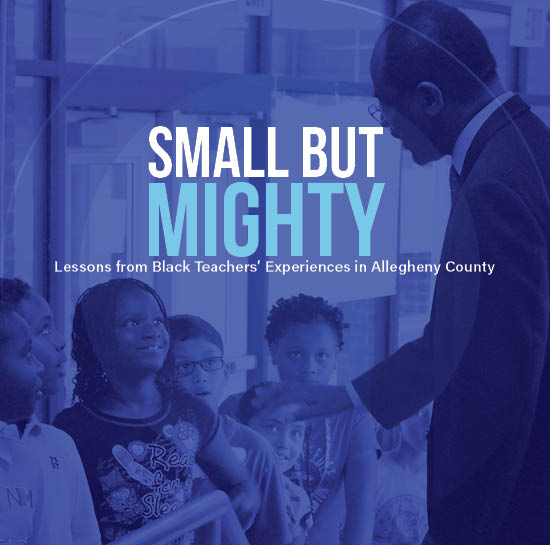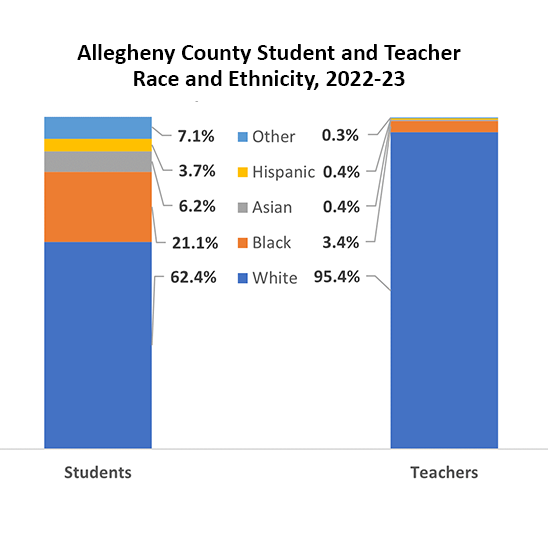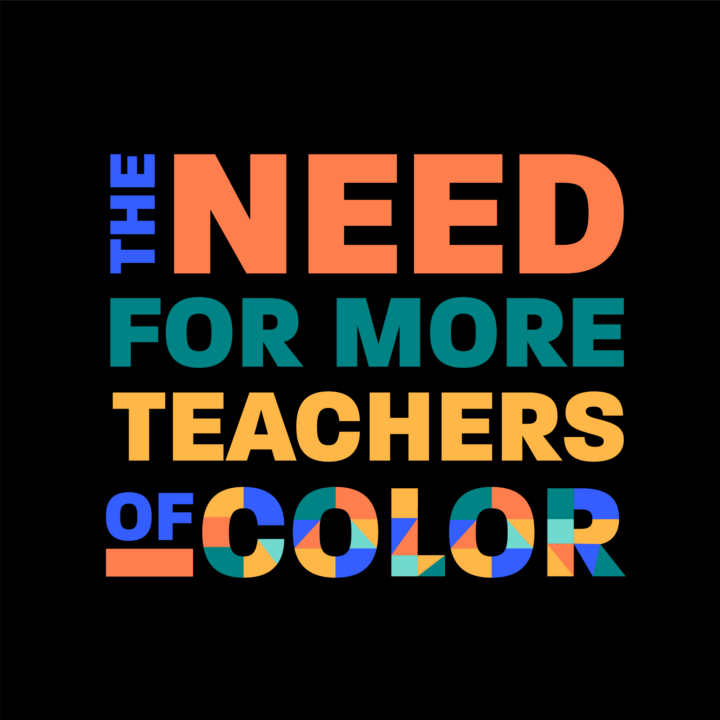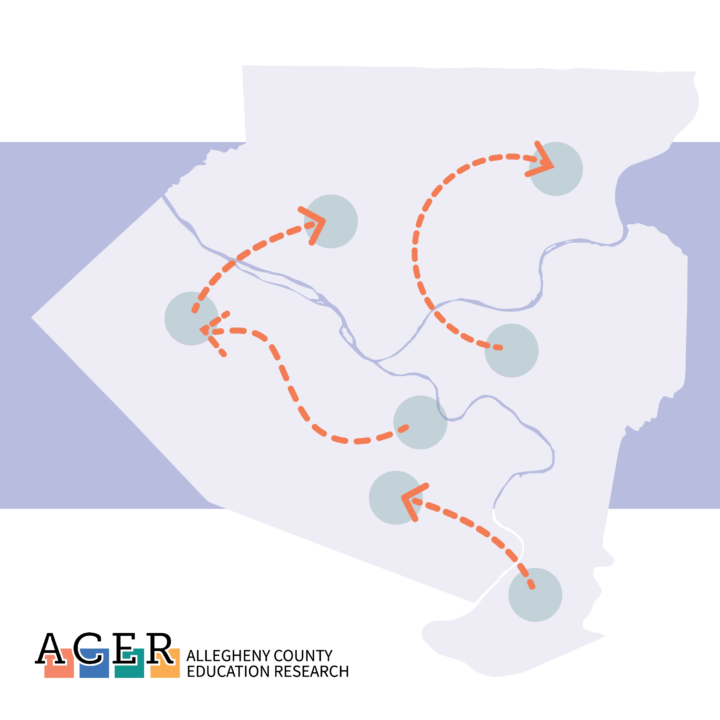This paper was presented at the American Education Research Association’s 2007 annual conference. While there is a great deal of enthusiasm for collection and use of student data by educators, little is known about how teachers and principals actually try to make sense of data and how they apply this knowledge to making instructional decisions. The findings are based on a multi-year research project involving case studies of ‘low-performing’ schools in order to gain a deeper understanding of how educators learn to use data. The authors describe some of the methodological and definitional challenges that arose during the course of the study. Specifically, the focus is on two challenges encountered. The first challenge is how to understand and describe the micro-activities in which instructional communities engage as they work to make sense of data and how various aspects of school capacity influence data use. The second challenge relates to linking educators’ examinations of student performance data to instructional decisions and finding examples of such decisions and connecting them to educators’ analysis of data. The authors discuss key methodological strategies that were developed in order to work within these challenges. The use of multiple methodological strategies has significant promise for developing much richer understandings not only of the role of data itself but also of the role that instructional communities and leaders play in helping their schools become learning organizations.
Studying Micro-Processes of School-Based Educators’ Use of Data in Cross-School Qualitative Research
Suzanne Blanc , Katrina E. Bulkley , Jolley Bruce Christman , Ruth Curran Neild , Eva Travers
Date: April 2007
Related Publications

Publication
Small but Mighty: Lessons from Black Teachers’ Experiences in Allegheny County
Siettah Parks, Kevin Burgess, Leana Cabral, Mary Eddins, Alita Robinson

Publication
Allegheny County Teacher and Student Demographics: 2022-23 Update
Mary Eddins, David Lapp, Anna Shaw-Amoah

Publication
Exploring the Diversity and Supports for School District of Philadelphia English Learners as they Prepare to Transition to High School
David Bamat, Sean Vannata, Lindsey Liu, Molly Schlesinger, Alyn Turner

Publication
The Need for More Teachers of Color
Leana Cabral, Mary Eddins, David Lapp, Saxon Nelson

Publication
FAQ: Superintendents in Pennsylvania School Districts
Mary Eddins, Leana Cabral, David Lapp, Molly Pileggi, Saxon Nelson, Ammani Ahmad-Khan
Publication
Access to Experienced Teachers in Allegheny County
Mary Eddins

Publication
Teacher Mobility in Allegheny County, 2014-15 through 2019-20
Mary Eddins, Molly Pileggi

Publication
Final Report: Evaluation of the Aspiring to Educate Philadelphia Pilot

Publication
Where Do We Go Next? Youth Insights on the High School Experience During a Year of Historic Upheaval
Molly Pileggi, Kri Burkander, Justis Freeman, Sean K. Flanagan, Max Margolius, Liz Glaser, Monika Kincheloe

Publication
Students Experiencing Homelessness in Allegheny County
Anna Shaw-Amoah

Publication
Special Education Funding in Pennsylvania Charter Schools
David Lapp
Publication
FAQ: Allegheny County Teachers of Color
Mary Eddins